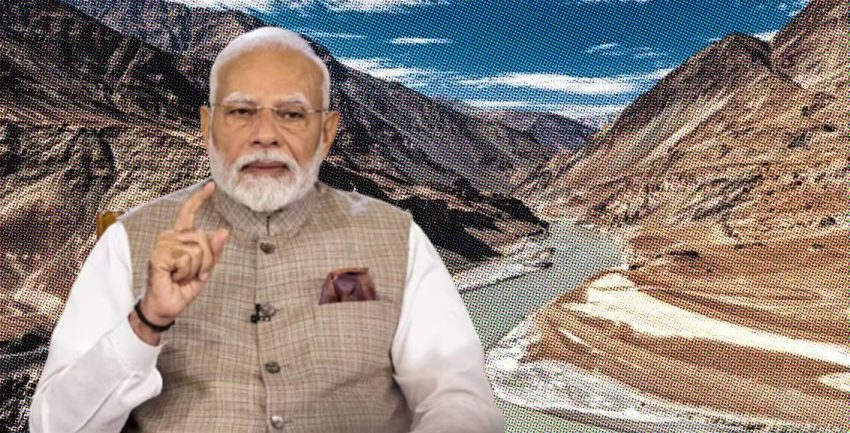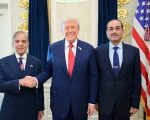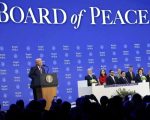One often reflects on the fundamental elements that underpin our existence, and none, surely, is more elemental than water. It is the lifeblood of civilisations, the quiet sustainer of all. And so, I find myself with a profound, almost personal sense of unease, observing how water – the very essence of sustenance for countless communities – is now drawn into the vortex of a brewing regional storm between India and Pakistan. The Indus Water Treaty, that carefully constructed agreement from 1960, once stood as a beacon, a testament to what patient diplomacy could achieve. Yet, now it seems to sway precariously, burdened by relentless geopolitical tides, and the bridge it once represented seems in danger of becoming a gaping chasm.
The recent words from India’s Prime Minister, Mr. Narendra Modi, have cast a rather chill shadow across our part of the world, making many, myself included, pause with concern. As one digests his rhetoric, it’s almost with a sense of disbelief that one confronts the idea that a new kind of statecraft might be emerging: one where water is no longer just a shared resource but a potential weapon. This seems to be the implication of his pronouncements – a seeming vow to impede Pakistan’s access to rivers that sustain so many millions of its people, waters that find their source in Indian territory. Such statements fly in the face of the Indus Water Treaty’s enduring provisions – an accord, it must be stressed, that offers no mechanism for unilateral suspension or abrogation. The gravity of this notion becomes stark when one considers the human dimension: over twenty-five million Pakistani souls depend, utterly and daily, upon these waters. It begs a rather fundamental question: can thirst ever truly be a legitimate tool of statecraft, especially when bound by international law? Can one nation consign another to parched fields and empty wells as a matter of policy, in defiance of a solemn agreement?
Pakistan’s response, in turn, has been delivered with a clarity that leaves little room for misinterpretation. On numerous occasions, its leadership has stated, quite starkly, “We’ll die fighting rather than die of thirst.” This is not, I believe, mere political posturing. It is a raw expression of existential threat, a visceral understanding of what the loss of this vital resource, guaranteed under treaty, would mean for national survival.
Indeed, in a recent press briefing, Pakistan’s Director General of Inter-Services Public Relations took an even more assertive stance. He declared an intention not merely to address perceived violations but to reclaim what Pakistan considers its historical rights – not only to Kashmir, but to all six rivers originating from the region. The tenor of his statement underscored a deepening well of frustration, a sense that the very foundations of the treaty are being eroded through what is perceived as consistent Indian manipulation and a disregard for its immutable clauses.
And so, we find ourselves looking at something far more profound than a dispute over river flow rates or dam capacities. This, it seems to me, has escalated into a matter of national dignity, of sovereignty, of adherence to international commitments, and, most critically, of the very ecological and human sustainability of two nations armed with nuclear capabilities, sharing a common, and increasingly fragile, environmental inheritance. The land and its waters are inextricably linked to the identity and well-being of the millions who call this region home.
The question, therefore, that weighs so very heavily on my spirit – and, one imagines, on the spirits of many others watching this unfold – is whether the vital wellsprings of diplomacy, anchored by the undeniable and non-negotiable framework of the Indus Water Treaty, can yet irrigate this arid landscape of contention created by such unsettling rhetoric. Can dialogue and a renewed commitment to shared stewardship, respecting the letter and spirit of unbreakable accords, prevail where militaristic posturing threatens to lead us down a far more perilous path? Or are we, indeed, observing South Asia inching, one provocative statement from leaders like Mr. Modi, one contested dam, one questioned treaty provision at a time, towards a conflict that no one can truly afford – a war not for territory alone, but for the very essence of life itself? One sincerely, profoundly, hopes that wisdom and a respect for binding commitments will find a way.
Sacred Smokescreen: Deconstructing Modi’s ‘Operation Sindoor’














